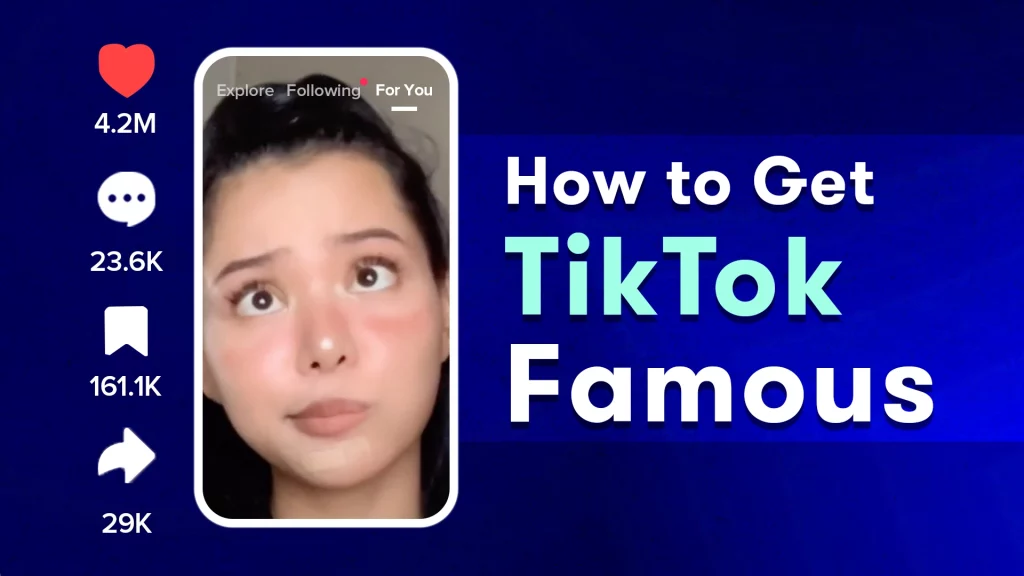And boom you’re famous. It happens all the time on the internet nowadays. especially with social media like TikTok. Some of my friends experienced this when it was still called Musical.ly with a video playbacking to some 2016 song. However their fame didn’t last long, a week tops. I never asked them how they handled this sudden attention from the outside world. This made me question the psychological effect of going viral.
Strategy
There are four things to the recipe of becoming viral: emotional impact, relatability, surprise and timing. For this blog I left pretty privilege out of it. Some things people share can evoke emotions like joy or sadness, but these days a lot of users use controversial statements to begin their video. This way it grabs the attention of the viewer. Another ingredient is relatability. I think we all shared some content with our best friends with: “Haha lol this is so us!!”. Often on my ForYouPage I get the same kind of content. Young girls promoting their clothes or make up. But when I see something that surprises me I tend to look at it longer. And last but not least, timing. How people can disagree, there is a right place and right time for everything. Even for dancing on the new Charlie XCX hit song 😉
How fame can come fast, it often leaves even faster. Going viral is exciting. The rapid influx of likes, shares, and comments can provide an intense rush of dopamine, a chemical in the brain associated with reward and pleasure. This instant validation can make people feel appreciated, important and seen, powering a desire for more
Downfall
However, once the first high fades, there’s often a downfall. Content creators may feel pressure to reproduce their viral success, but as mentioned, virality is difficult to predict. When new posts don’t reach the same effect, it can lead to feelings of disappointment, frustration, or even self-doubt. This rollercoaster of emotions can create a cycle where creators chase the high of virality, constantly seeking validation from an online audience.
A good example of this phenomenon is from 2019. TikTok made its comeback after Musical.ly was labeled as “cringe”. Out of nowhere ,this 15 year old girl called Charlie D’Amelio, broke the internet with her dancing videos. She gained millions of followers in just days. Most people were sure she was just a one hit wonder and the next pretty girl would take her “hype”. And at some level they were right. There was a girl, don’t even remember her name anymore, that was battling Charlie who got the “hype”. But like I said the other girl that was competing with her I don’t even remember the name of. Besides that I can’t even find her on the internet anymore. But Charlie did make a name for herself and took her whole family with her. We can claim that this was maybe emotional impact, relatability, surprise and timing, but I think it was just a really good PR team.
Self-esteem
The mission for virality can also have a deep impact on self-esteem. When a post goes viral, the creator often receives overwhelming attention, both positive and negative. While praise can boost confidence, negative comments and criticism can quickly take away self-worth. People who tie their self-esteem to online approval may find themselves swaying between emotions, feeling great when they’re praised, but heartbroken by harsh comments or a lack of interaction.
My thoughts on this: If your goal is really to be famous you should be consistent, stay true to yourself and don’t give up. Or maybe hire the PR team of Charlie D’Amelio.

Source: Billo



Recent Comments